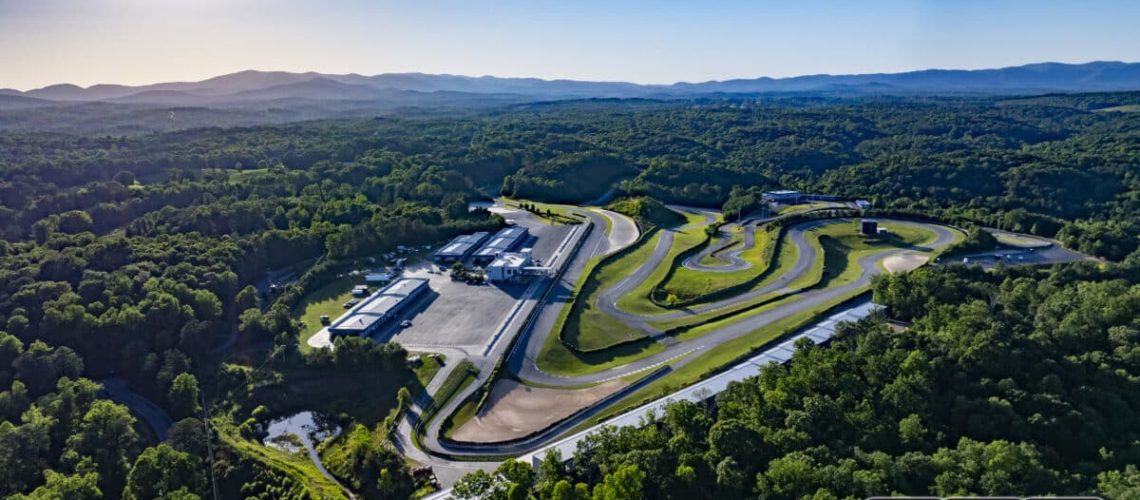The motorsports club with an F1-style track is installing a solar array that is expected to power about 60% of its operations.
Dawsonville, Georgia motorsports club Atlanta Motorsports Park announced it is installing solar to support its operations.
Atlanta Motorsports club hosts an F1-style road course and a karting course. The company is expected to power about 60% of its operations with the new solar project, designed and set to be installed by Hannah Solar. Five buildings will be powered by the array. The project is expected to complete installation in Q3 2024.
“The ability to generate over half of our energy needs through solar pushes us closer to our vision of making AMP’s campus its own self-sustaining community and resort,” said chief executive officer Jeremy Porter.
The array contains 747 panels with 480 W power, adding 358 kW solar onsite. This is the equivalent power demand of about 300 homes.
The investment follows on the motorsports club’s investment in electric vehicle charging, including ten level 3 DC superchargers, and eight level 2 chargers. The company has also installed all LED lighting, solar powered CCTV/Signs, on site water/wastewater treatment, and efficient fixtures.
Hannah Solar procured solar panels for the project from Qcells, which operates a large solar panel manufacturing facility locally in Georgia.
The installation can generate 450,300 kWh of electricity annually, offsetting an estimated 7,312 pounds of CO2 emissions over a 30-year period. This offset is equivalent to eliminating over 16.6 million miles of road vehicle travel, or akin to planting 109,600 trees, based on an impact estimating tool from the Environmental Protection Agency.
The project was able to recoup 50% of its total costs through the a grant from the Department of Agriculture’s Rural Energy for America Program Renewable Energy Systems (REAP) program. The program provides guaranteed loan financing and grant funding to agricultural producers and rural small businesses for renewable energy systems or to make energy efficiency improvements. Agricultural producers may also apply for new energy efficient equipment and new system loans for agricultural production and processing.



